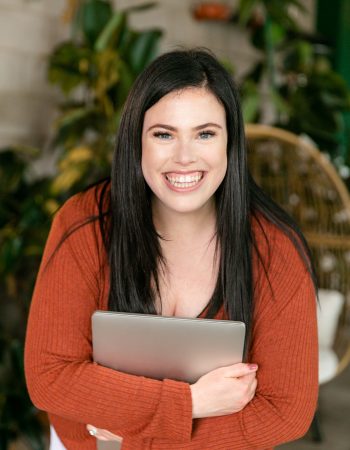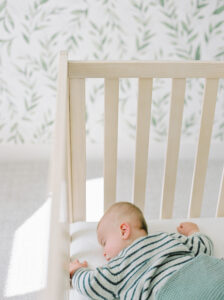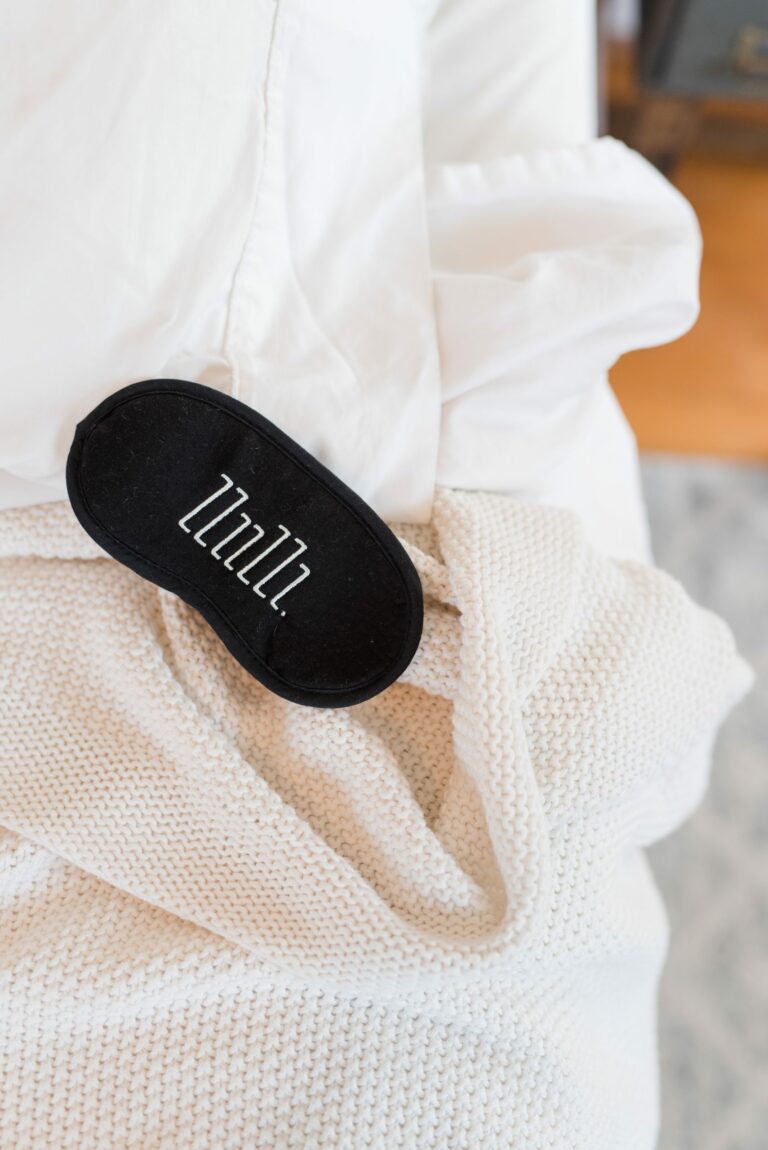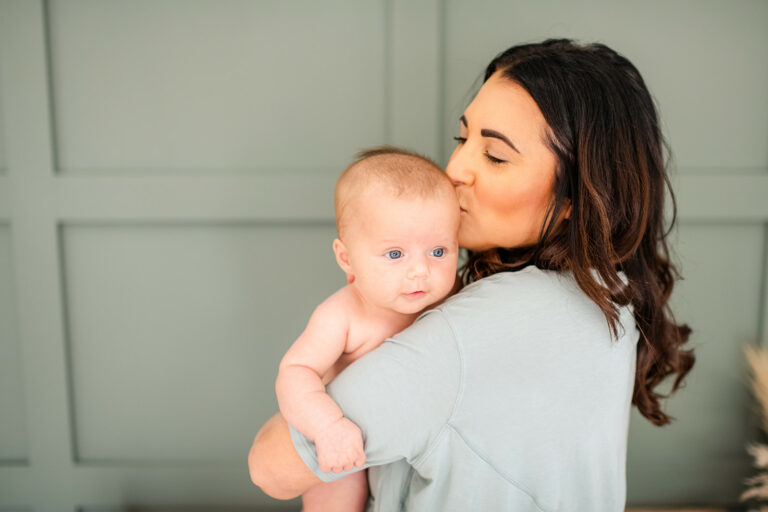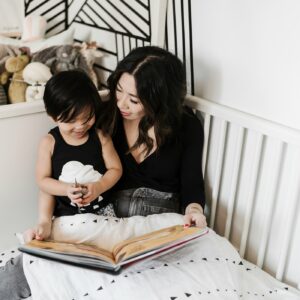It’s been just over a year since Oh Baby Consulting opened its doors to helping families across the world get more sleep. In that time, I’ve learned a lot about what it means to be a sleep coach, how people view sleep training, and what I can do to make sure I’m always meeting the needs of my clients.
Unfortunately, there are so many misconceptions about what exactly my role entails – “Do you tell parents to let their babies cry all night?” “Are you anti-breastfeeding?” “What the heck even is sleep training? Isn’t sleep a natural thing?”
With all the different sleep philosophies and parenting advice, I can see how one can get lost in the whirlwind of conflicting information. No matter what sleep beliefs you have or how you choose to approach sleep in your family, I have 5 things I want you to know about being a sleep coach.
1. “Sleeping through the night” is a misnomer
In reality, no one goes to sleep and stays asleep all night. We all wake up several times throughout the night as part of our natural sleep cycles. However, when you have independent sleep skills, you can put yourself back to sleep from these normal “micro-awakenings”.
Just like all things in life, some babies are naturally better at figuring out how to sleep independently without additional effort from parents. However learning to sleep is all about habits and for that reason, many children will only learn the skill of putting themselves back to sleep if they are able to practice falling asleep on their own.
2. I’m not asking you to starve your baby
There is a (false) belief that sleep training = dropping all night feeds. This is absolutely not the case. However, sleep training does help to reduce the number of night wake ups that are not hunger-based. For many of the parents I work with, their child is “asking” to be fed during the night because they need help falling back to sleep, not because they need extra calories.
During sleep training, we help baby understand that food is intended for nourishment, not a tool for falling asleep. By separating the two, babies are able to continue to fill their tummies and meet their caloric needs and get all the sleep their body needs too.
Unsure if your baby is waking for comfort or calories? Here’s how to tell!
3. Newborns can sleep independently, but we do not “sleep train” them
It is totally reasonable to practice putting your newborn down awake vs. helping to sleep at every opportunity. That being said, the amount of times that they will actually be successful at putting themselves to sleep without external assistance is variable. Newborns are still learning how to regulate their body’s systems and transition between wake and sleep states which means that they may need additional assistance from time to time. That’s okay.
For some families, prioritizing independent sleep from the start is important. For those families, I offer Newborn guidance & coaching to equip them with a plan that is age & developmentally appropriate. With this route, formal sleep training may not even be necessary.
For other families, it’s easier to just do what works in the moment even if it’s not sustainable long term. As long as what they’re doing is safe, families can work on independent sleep when they’re ready!
4. Sleep training is not synonymous with “cry it out”
This is probably one of the biggest misconceptions about sleep training. Many people hear the term and immediately think of the extinction method commonly referred to as “cry it out”. This method is used for sleep training, but is only one of several method options.
I personally do not use the extinction method with families unless it’s requested. I believe wholehearted that:
- Sleep training can be successful while also involving parents/caregivers. And,
- The method of sleep training is the least important part of the process.
The method (i.e level of intervention) is one piece of a multifaceted puzzle, and my approach to sleep training takes into account a variety of factors that impact a child’s ability to learn to sleep independently.
While crying is not necessary to learn to sleep independently, crying is often a byproduct of habit change. Having a plan to both minimize & respond to the tears is imperative to success and gives families the confidence they need to see the process through. I believe that all skills take practice and encouragement and learning to sleep is no different.
5. I’m not moving in
Another common misconception is that a pediatric sleep coach is the same as a night nurse.
I’m here to tell you that I have no interest in sleeping over.
And guess what? You don’t need a stranger staying overnight in your home in order to have a sleeping baby. While some families prefer night nurses and in-home sleep training, that’s not what you’ll find here. In fact, I rarely have the pleasure of actually meeting many of the families with whom I work.
Instead, I connect with you virtually and give you a personalized sleep plan to implement with your child. Even though I’m not in your home for weeks at a time, all coaching packages still include daily follow-up support through email & Voxer walkie-talkie messaging.
YOU are the expert on your baby and family; I am not in the business of taking over the parenting of your little one. So forget the dishes in the sink, keep your PJs on, and join me on a video call!
Over the past year I’ve had the opportunity to support so many families as they’ve gone from sleep deprived and frustrated to well-rested and thriving. I am constantly blown away by the level of dedication, commitment, selflessness, and persistence these families exhibit; it turns out that quality sleep is a really powerful thing.
A big thank you to everyone – clients, colleagues, contractors, family, friends, cheerleaders – who has been a part of Oh Baby’s first year in business. Here’s to even more sleeping families in year 2!
